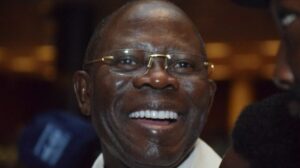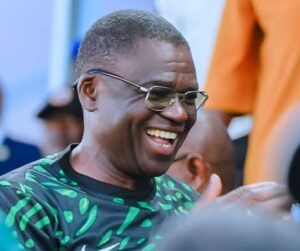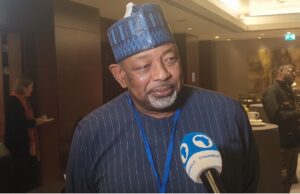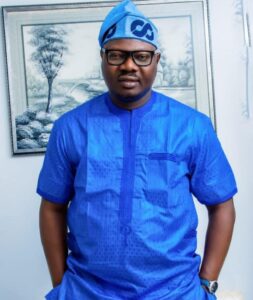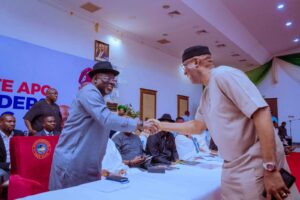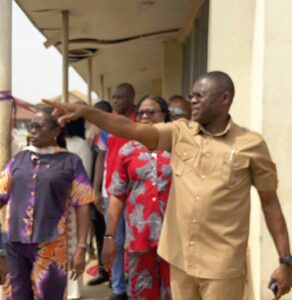Raila Odinga — The Reluctant Kingmaker of African Democracy
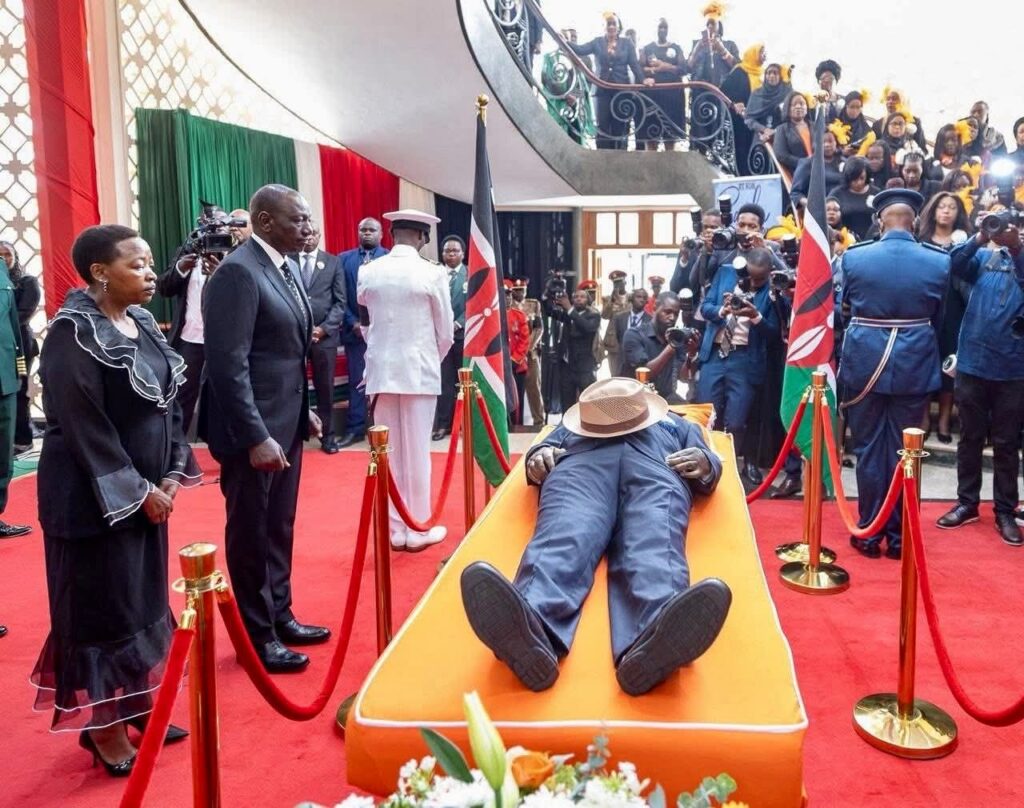
Kenya President, Bruto pays respect to remains of his rival, Raila Odinga
Our Editorial
Across Africa’s political landscape, few figures embody the spirit of resilience and reform like Raila Amolo Odinga. In Kenya, his name has become synonymous with struggle — a tireless crusader for democracy who has shaped his nation’s destiny without ever sitting in its highest office. Yet Odinga’s story transcends borders; it is a mirror of Africa’s wider search for accountable leadership, inclusive governance, and true democratic maturity.
From the turbulent 1980s, when Kenya groaned under one-party rule, to the dawn of multiparty politics in the 1990s, Raila Odinga stood at the barricades of change. Imprisoned, persecuted, and yet unyielding, he became the face of the “Second Liberation” — a movement that forced Kenya to abandon authoritarianism for constitutional pluralism. His fingerprints are visible on every major reform: the fight for electoral transparency, the devolution of power under the 2010 Constitution, and the institutionalization of citizens’ rights.
Odinga’s political philosophy draws strength from a tradition of African reformists — visionaries like Nelson Mandela, Kwame Nkrumah, and Nigeria’s Obafemi Awolowo — men who understood that true leadership lies not merely in power, but in principle. Like them, Odinga has combined defiance with dialogue, opposition with statesmanship. His controversial 2018 “Handshake” with then-President Uhuru Kenyatta calmed a nation teetering on the brink of chaos, proving once again that peace can be a higher form of victory than politics itself.
Yet, his journey also exposes Africa’s recurring paradox: that reformers often remain prisoners of the same systems they seek to change. Odinga’s five presidential bids, all ending in contested results, reflect not only his personal trials but also the continent’s persistent democratic deficits — institutions that bend under pressure, and electoral processes too often hostage to power.
Still, to measure Odinga’s worth by elections lost is to miss the deeper legacy he leaves behind. His courage has expanded Kenya’s democratic space; his voice has inspired a new generation of Africans to question, to demand, and to hope. In shaping Kenya’s modern political culture — with its vibrant civil society, active judiciary, and politically aware citizenry — Odinga’s imprint is indelible.
As Africa wrestles with the ghosts of authoritarianism and the temptations of strongman politics, Raila Odinga stands as both lesson and legacy. A lesson in endurance, reminding us that democracy is not a destination but a struggle renewed daily. And a legacy of faith — that power, when not captured, can still transform.
In the chronicles of African democracy, Raila Odinga may well be remembered not as the president who never was, but as the conscience Kenya — and Africa — still needs.
Read Also: Preventing Military Coups in Africa: Attention, Nigeria


